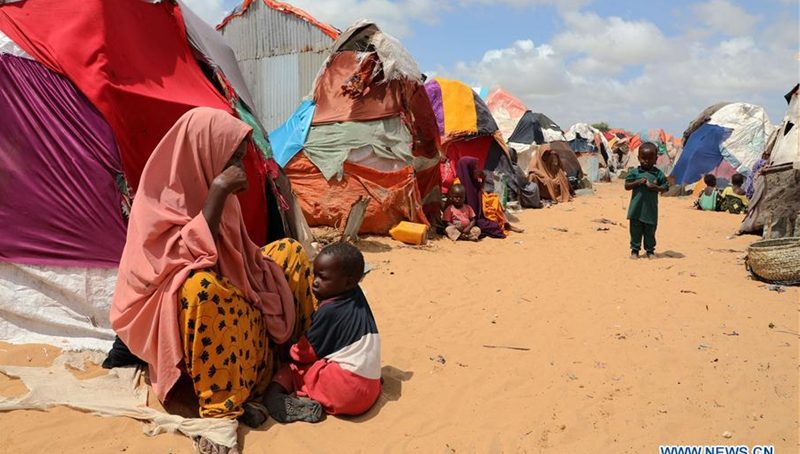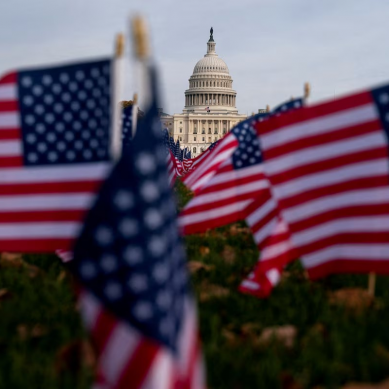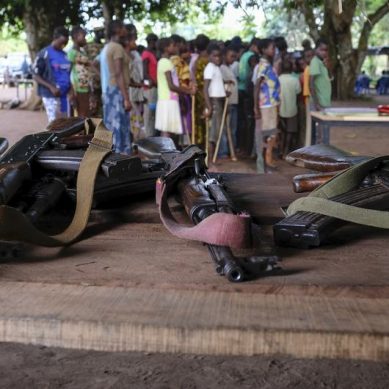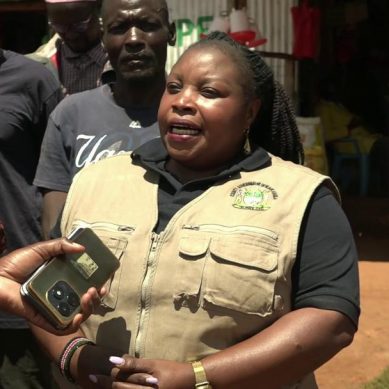
Fafi Member of Parliament Salah Yakub has warned that the recent reduction of food rations and also suspension of cash transfer programmes for refugees in various camps is likely to pose an insecurity problem in the country.
The budget cuts, initiated by the current US government, forced the World Food Programme to adjust rations to 40 per cent in February this year and by last month, the rations were further reduced to only 32 per cent of the minimum food basket.
Equally, the subsequent suspension of cash transfers to the refugees can only mean that even they struggle with little food rations, they will also not be able to afford non-cereal food items like vegetables and proteins.
And now with food insecurity in the camps, the refugees would also be faced with health issues and increased malnutrition, especially among children and vulnerable populations, while others are likely to face difficult choices like withdrawing children from school or even selling some of their essential belongings.
While decrying the low food rations, Yakub noted that the refugees may be pushed into illegal activities like wildlife poaching, logging, charcoal burning and other forms of crime, leading to public conflicts as they compete with host communities for the little available resources.
Speaking during the unveiling of the Fafi Madrassa Waqf’s purchased land in Garissa Town, the MP urged both the United Nations High Commissioner for Refugees (UNHCR) and the WFP to revoke the rationing guidelines and instead call for a stakeholder meeting with the government and the local leaders, so as to find a favourable solution.
“Today as we speak the refugees don’t have food and water. Healthcare is in a total mess; their education is in a big problem, with the children not going to school. We are likely to see an increase in cases of malnutrition and insecurity both in the camps and outside, where the host communities leave,” Yakub said.
“We demand the total revocation of the current programme. The food ration should be reinstated. The single handedness decision made by UNHCR and WFP will badly backfire on them. They should go back to the drawing board and bring back the previous food rations that they were giving the refugees,” he added.
Over the last few days, there has been a widespread protests by refugees in Dadaab and Kakuma camps, demanding for reinstatement of adequate food rations.
In May, hundreds of refugees from the four camps of Dagahaley, Hagadera, Ifo and Ifo 2 gathered at Ifo 2 to raise their voices in a peaceful protest. The refugees had pleaded with the international community to urgently restore life-saving humanitarian aid following the funding cuts.
In March this year, the Kenyan government launched a comprehensive plan dubbed Ushirika Plan to transform the country’s refugee camps into self-reliant, integrated settlements, allowing refugees and host communities to live and work side by side.
The plan aims to fold the refugee camps of Dadaab and Kakuma into municipalities administered by the respective counties of Garissa and Turkana, which will eventually take over service delivery from UN agencies and NGOs.
However, this plan requires substantial investment from donors and other partners to be fully realized.
- A Tell Media / KNA report / By Erick Kyalo








